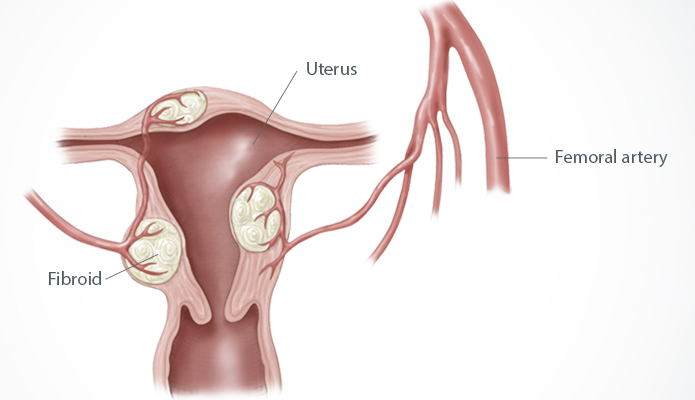Women often face problems because of heavy bleeding during their menstrual cycle. Unbearable pain during menstrual cycle also brings so much of concerns to women. Menorrhagia or heavy and prolonged menstrual period could be the major symptoms of some common health issues like a uterine fibroid.
If you have menorrhagia, you certainly know how difficult it is to maintain the daily activities during your period. It is due to the loss of so much blood you may get ill. Here is everything you want to know about menorrhagia.
Signs and Symptoms
Some of the common signs and symptoms of menorrhagia are
heavy bleeding period.
Common Causes
In certain cases, the exact cause of menorrhagia remains unknown. However, the following conditions contribute significantly to causing menorrhagia.
Uterine fibroids, also known as leiomyomas, are non-malignant tumour growths on the muscle layer of the womb. They may appear during the women’s childbearing age. Although these cysts are not life-threatening, they can cause infertility or complications during pregnancy. So, it is better to treat this health issue as soon as possible. UFE treatment is the ideal option for patients with fibroid.

During the normal menstrual cycle, a proper balance between progesterone and estrogen usually regulates the formation of the uterine lining that sheds during your period. It is due to the hormone imbalance endometrium starts developing in excess and sheds.
When they shed in excess, heavy menstrual bleeding occurs. There are several conditions which cause hormone imbalance, and they include obesity, polycystic ovary syndrome, or PCOS and thyroid issues.
Adenomyosis is a very common health issue. It is a special condition in which the inner lining of your womb starts breaking through the uterine muscle wall. Adenomyosis can come with the following symptoms- heavy bleeding period, pressure in the lower abdomen, menstrual cramps, bloating just before periods, and so on. Hysterectomy treatment can treat women with adenomyosis. This is a surgical process of removing the womb.
Apart from the mentioned causes, there are several other causes, and they include polyp, intrauterine device, dysfunction of ovaries, cancer, and more. In case you have heavy menstrual periods, you should see a highly professional gynaecologist instead of wasting your time.
In most of the cases, women who had an ignorant attitude towards the medical condition have found suffering from anemia. To avoid this complication, they should opt for the right treatment soon. Consult the doctor who can suggest the best treatment to deal with the disorder.